Supporting Parents So Kids Start School on a Path to Success.
Thanks to their participation in ParentChild+, many children will enter kindergarten this year fully prepared for classroom learning.
ParentChild+ meets parents where they are to help them prepare their child for school. Families have twice-weekly visits with trained coaches of the same language and cultural background. These home visitors bring free educational toys and books, and support parents in building their skills and confidence to prepare their children for school success.
Outcomes include increased vocabulary and pre-literacy skills, strengthened parent-child relationships, and fostering kids’ social-emotional development.
At a Glance

1,010 families served last year
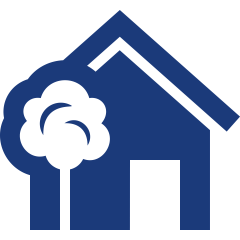
46,000+ home visits last year
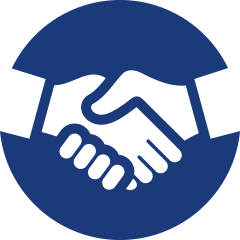
13 partner providers
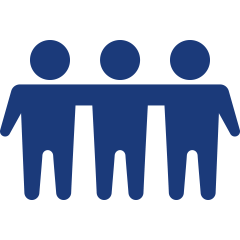
10,000+ families supported since 2010

30% participants more likely to graduate from high school
How It Works
When parents become their children’s first and best teachers, kids start school on a path to success. Here’s how ParentChild+ works:
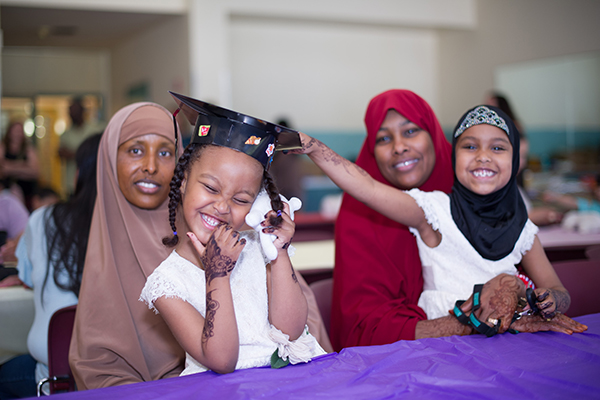
1. Families with 2- and 3-year olds are matched with trained coaches, known as home visitors, of the same language and cultural background.

2. Home visitors meet with families two times a week.
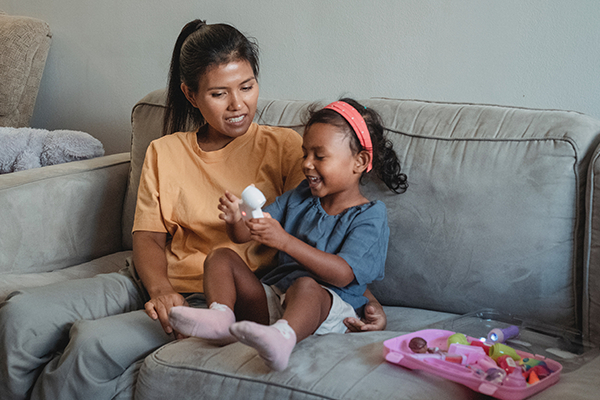
3. Home visitors bring a book or toy each week, model positive interaction, and teach parents how to work with and advocate for their children.
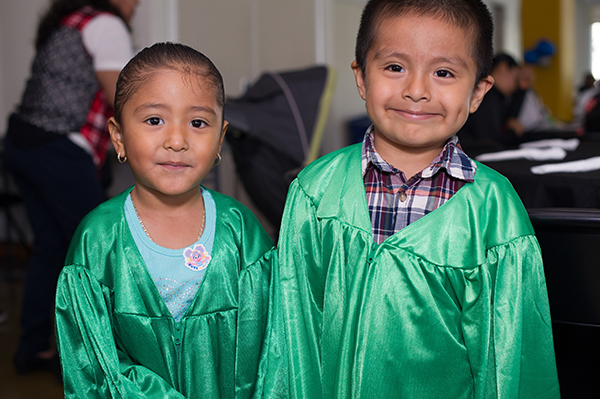
4. Children leave the ParentChild+ program more prepared for kindergarten.

Books—including some old favorites like “Goodnight Moon” and “The Very Hungry Caterpillar”—are selected with care and attention to reflect a variety of cultures and characters, especially those that align with the children’s backgrounds and experiences.
“The first day she walked in and put her backpack into the little cubby without being told. She understood what Circle Time was because we had a version of that as part of ParentChild+, where we would sit on the floor and talk together. She was like, ‘Where are my friends?’”
—Marcella Taylor, on her daughter Taylor-Corrine Benton’s first day of preschool
Looking for Support?
We believe that every kid deserves to be empowered with essential skills and resources that help them thrive and be successful at school. Looking to enroll your family in this program? Find your nearest agency and contact one of our partner organizations by clicking on the button below.
Real People. Real Stories.
-
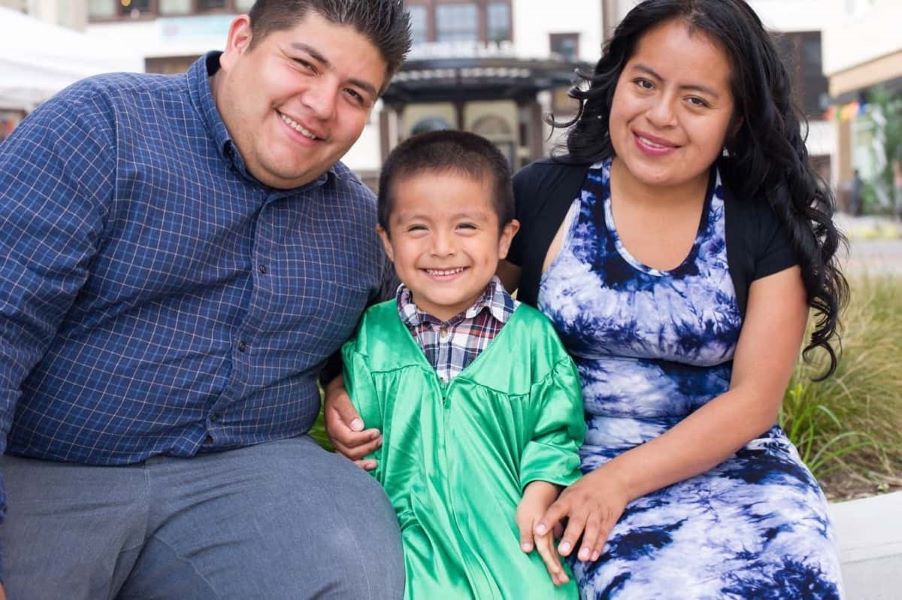
El Centro de la Raza Tailors ParentChild+ Program to Its Community
Margaret Wise Brown’s classic bedtime story, Goodnight Moon, is among the many books provided by ParentChild+, a national organization with […]
-
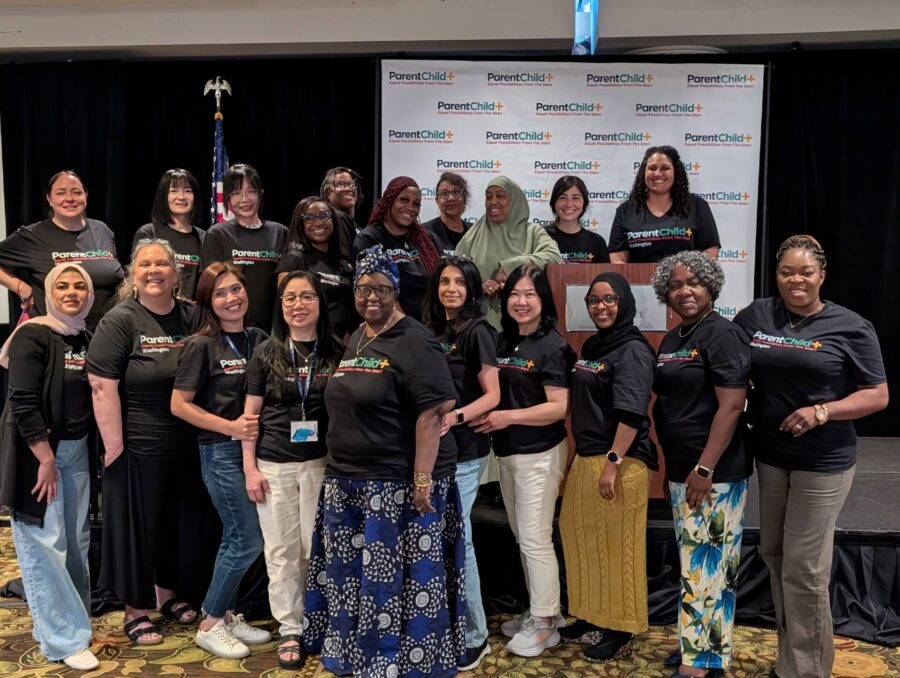
Hundreds Gather for Joyful Connections at ParentChild+ National Conference
This spring, United Way of King County celebrated women in our community who are seeding a brighter future for our […]
-
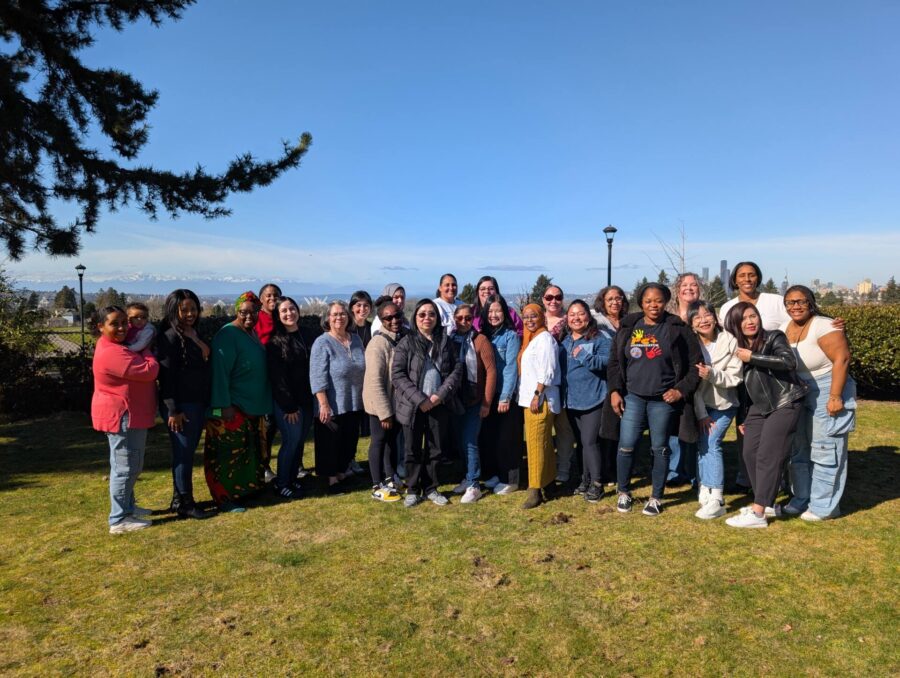
United Way Celebrates ParentChild+ Home Visitors
ParentChild+ staff pose for a photo during their 2025 retreat. This group includes staff from a variety of organizations throughout King County.
Support Our Work
Our goal is to make ParentChild+ program available to even more low-income families in King County. With your support, we can help more of them. Every dollar counts.
